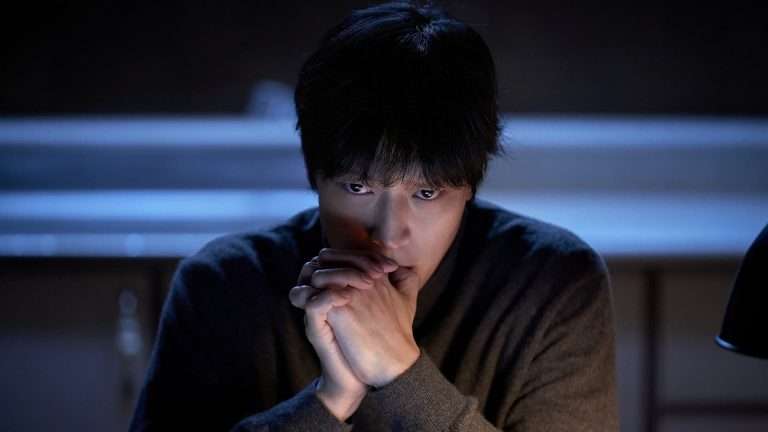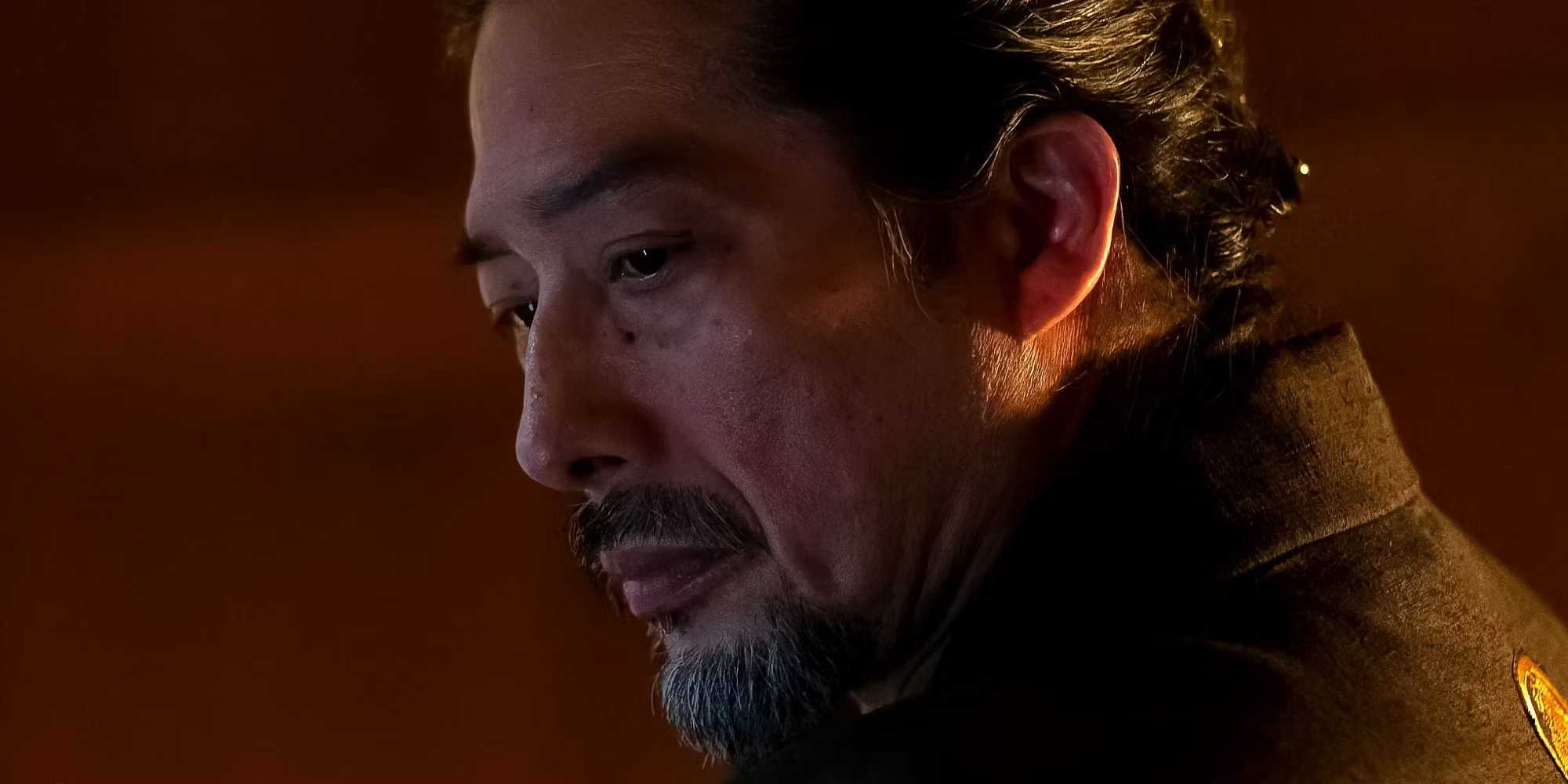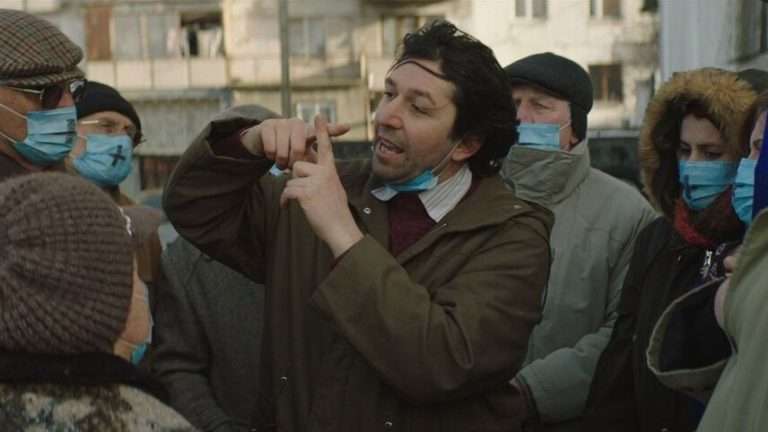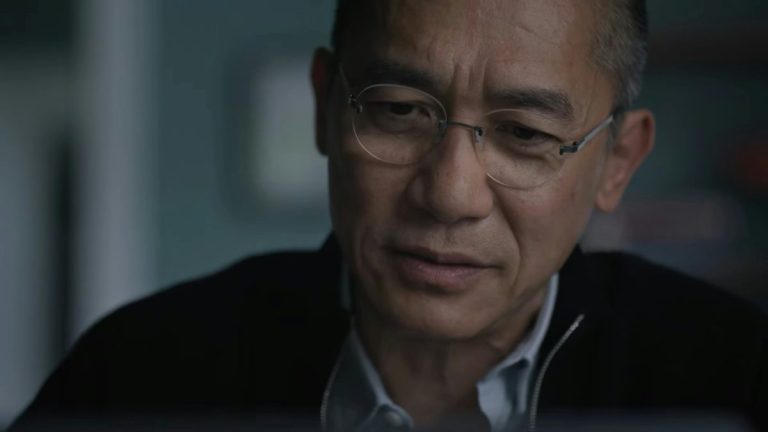“Park Avenue” opens with sweeping birds-eye view shots of Montana’s vistas, these vast expanses of grassy fields and rivers where rancher Charlotte (Katherine Waterston) feels trapped by a controlling husband. So in the first five minutes, we see her getting into her truck and driving to New York, a far more visually enclosed space where she will feel just as trapped by memories of unresolved family trauma. There is some fantastic editing between her past and present selves as she returns to her childhood home and is reunited with her mother, Kit (Fiona Shaw).
The chemistry between Shaw and Waterston is the highlight of the film; they are able to convey so much history through little actions and conversations that one will try to steer one way, while the other refuses to cooperate. You pay attention more whenever they share the screen. Kit breezes along, knowing seemingly everyone and everything, while Charlotte is more reserved and nervous, except in moments when she is brought to anger. What’s shameful is the way in which their story is told.
This is a family drama exploring frayed relationships and questions that have haunted characters since their childhoods, and it is one that feels by the numbers, with a few memorable moments. The film is caught between two directions. To rely on subtlety and trust the audience to pick up on the little hints, or to spell everything out.
There are even times the subtlety will be followed immediately by a line confirming everything we were just allowed to assume, making much of the film feel like it lacks confidence in its storytelling. Case in point, Charlotte and Kit’s fraught relationship. There are some fantastic sequences, the best in the film, which revolve around these two.
One moment in a restaurant is particularly excruciating to watch, in a positive way. And it is one where we sit with Charlotte and the painful realisation she has. Rounding out the most prominent members of the cast is Anders (Chaske Spencer), the doorman of the building who has a long history with both Charlotte and Kit, and often an intermediary between the pair of them.
The rest of the residents who fill out the cast are slightly one-note yet eccentric. One has a hearing aid that always requires tuning in meetings, another who everyone tries to avoid conversation with, and an older gay couple who always flirt with Anders. All the depth has been given to Charlotte, Kit, and Anders. Even Charlotte’s husband, Hans (Frederick Weller), becomes an almost moustache-twirling villain in the few scenes he is in.
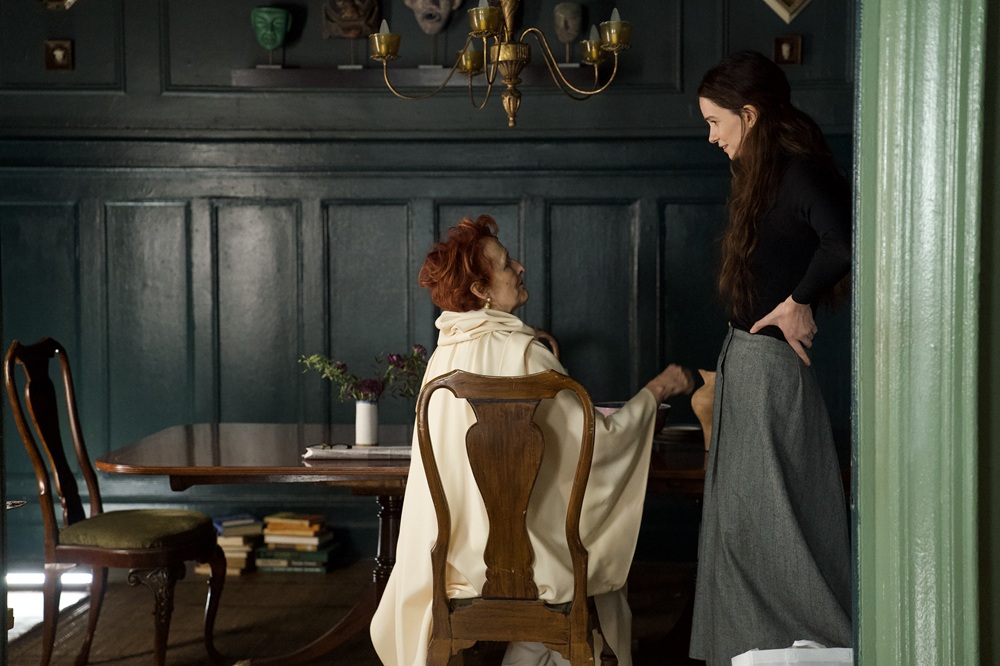
Also Read: 15 Indian Movies About Dysfunctional Family
When the film is trying to be nuanced and centred on the relationships between people, most of said relationships are underdeveloped. The film is well shot, taking advantage of the scenery and architecture of New York to great effect, although it never strays beyond Manhattan and the more gentrified, visually striking areas of the borough. This is a story about people with enough money to live in fancy apartments and have the main concern of board meetings be who is having sex in one of the unused maids’ rooms. Certain choices, such as a camera on the back of Charlotte’s dog as she first returns to Park Avenue, show a willingness to experiment with how to get the best shot.
However, these are often infrequent in appearance, just like Charlotte’s dog, who is not important to the plot and barely features after that opening sequence. In a similar vein to other people Charlotte needs to care for, there is also an angle with her daughter, Lily (Gabriella Baldacchino), exploring how Kit’s upbringing of Charlotte has had a knock-on effect on how she has raised her own daughter, and how similar all three women are.
However, Lily lacks presence in the film; her establishment is easy to miss, and when she does appear, it is for a small amount of time. Time is used effectively, and is one of the film’s strongest aspects, but it is a route the film seems to bring up and then promptly ignore until it suits it again.
The film explores cycles and routines. Several times when Charlotte enters the building on Park Avenue, there are similar eccentric people in costumes that walk past her, such as a couple in masks of Republican presidents and their first ladies. There is an exploration of history as well, as all the characters at times seem stuck in the past. Kit herself is a collector of artefacts and has published an autobiography on her time in China in the late 20th Century with her husband, Charlotte’s long-dead father. “Why break the habit of a lifetime?” Kit says near the end, summing up the thematic exploration of the film.
It is clear by that point, Charlotte will most likely avoid going down the same path her mother did. Moreover, it is a vulnerable moment, one of the moments of humanity and little joys that add so much character to the film and push it slightly above being just another by-the-numbers family drama.
The ending itself is good, especially when considering the uneven road that led up to it. Some solid callbacks foreshadow well, and for all the angst and anger, it ends on a hopeful, satisfying, and positive note, although not everything has been resolved. It arrived late and left early, and explained too much in the process. There are great moments in this film, but they can feel lost in the lack of trust the filmmakers seem to have in the audience to follow the story.




